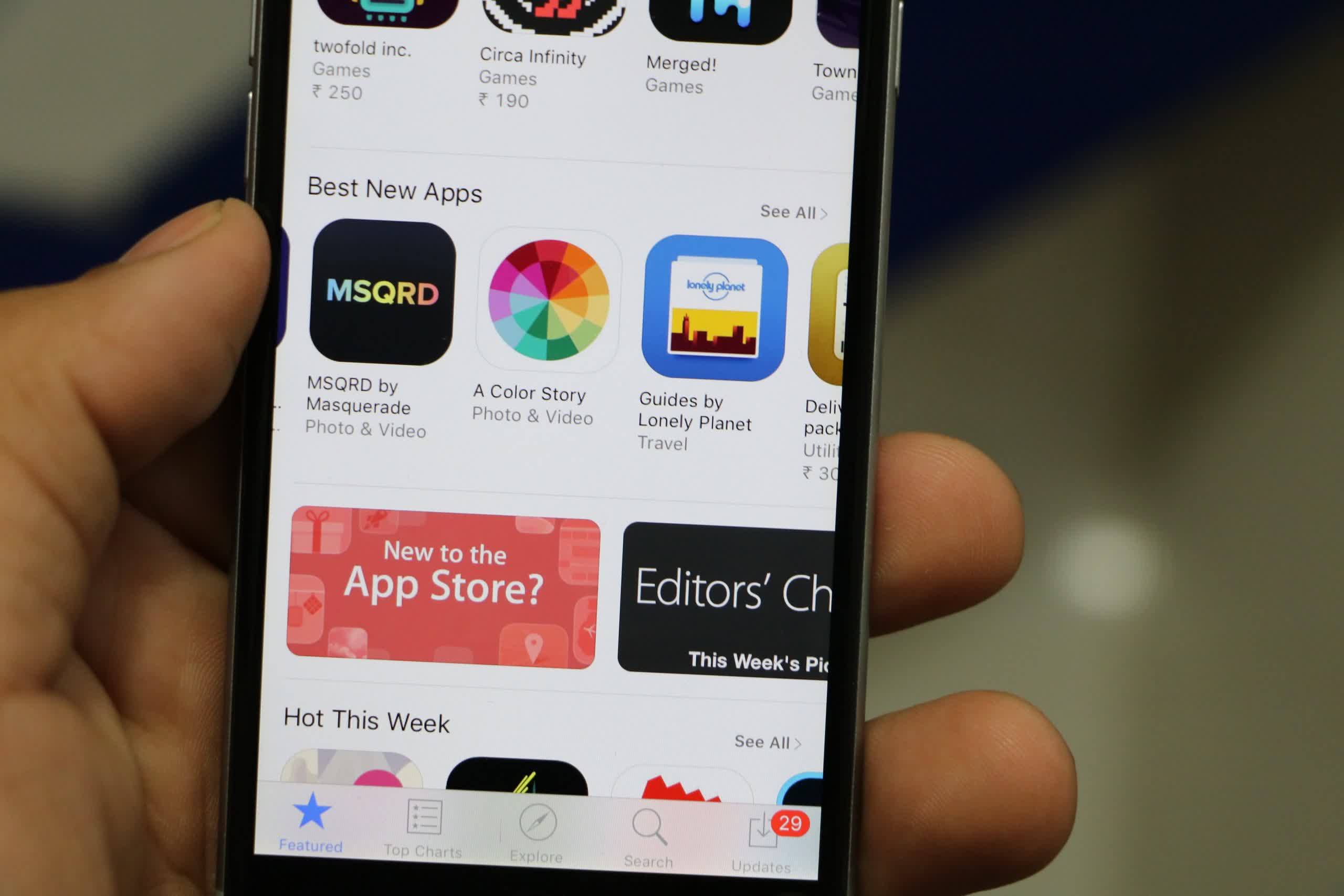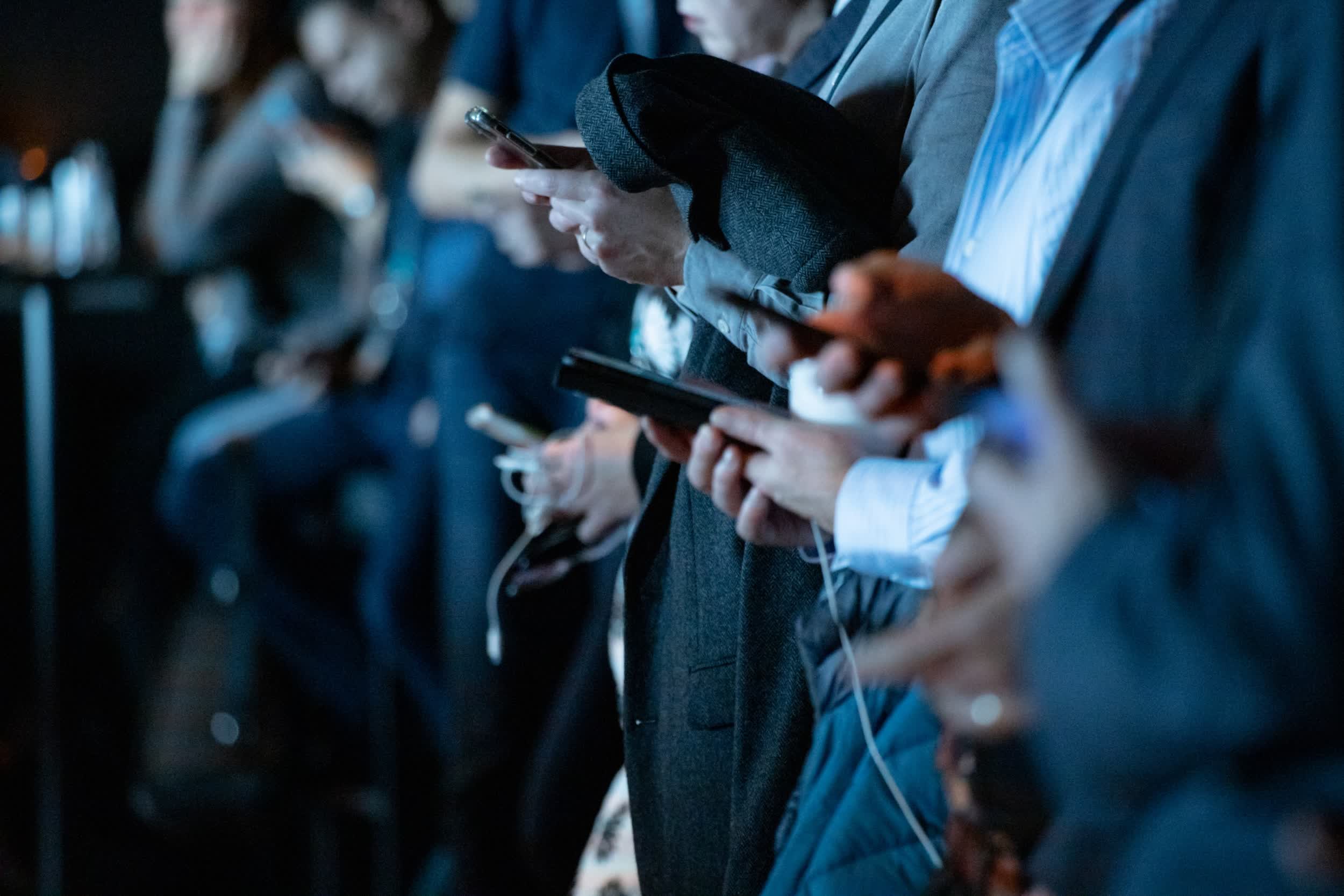In brief: Apple and Google have long faced criticism from regulators in Europe over how tightly they control the distribution of software on their mobile platforms. The two tech giants now face similar rhetoric from the other side of the Atlantic.

A new report from the White House advises American lawmakers to enact legislation to make Apple's and Google's mobile software ecosystems more open. The extensive writeup claims that iOS and Android currently stifle competition between developers with unnecessary hurdles, echoing the European sentiment.
The Department of Commerce's National Telecommunications and Information Administration (NTIA) said consumers should be able to more easily install software on mobile devices from outside the Apple App Store and Google Play Store. While Android technically allows sideloading, the NTIA report claims Google still makes the process too cumbersome.
The Biden administration also decried how some app store policies put third-party developers at a disadvantage compared to the services Apple and Google provide on their respective operating systems. For example, sales commissions prevent third parties from profitably selling music or ebooks within mobile apps, a policy that favors first-party services like iTunes or Apple Books. Restrictions on mobile browsers and cloud gaming are another sore point for developers.

Apple continually insists that the security its walled garden provides is a primary selling point of iPhones and iOS. The NTIA report acknowledges that any legislation requiring sideloading should consider privacy and security concerns.
The European Union enacted such legislation in November in the form of the Digital Markets Act (DMA), and reports indicate Apple is preparing to comply with it. Last December, sources told Bloomberg that Cupertino is readying changes to iOS to allow app installations from outside the App Store, but the timing for the unprecedented move remains unclear.
Although the DMA is currently in force, it won't apply to large "gatekeepers" like Apple and Google until at least the middle of 2023. Furthermore, potential repercussions on the mobile platform holders wouldn't come until next year, so any major changes might not emerge for some time.
Regulators in countries like South Korea and The Netherlands previously forced Apple and Google to let users make in-app purchases through third-party payment processors. EU rules will also force iPhones to support USB-C after 2024, meaning the iPhone 15 (or the following model) will likely switch from Apple's proprietary Lightning cables.
https://www.techspot.com/news/97463-biden-administration-wants-apple-allow-ios-sideloading.html